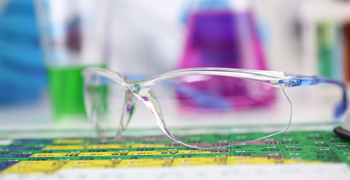Natural ingredients, inherently safe?
In the April 2019 edition of the journal Cosmetics & Toiletries, the Executive Director of the Cosmetics Ingredient Review (CIR) in Washington DC, Dr. Bart Heldreth, addresses the myth of the perceived greater safety of natural versus synthetic ingredients. The CIR Expert Panel reviews every year a list of substances, including everything from honey to olive leaf extract, selected based on their frequency of use in consumer products. While botanical ingredients, such as olive leaf extract, often connote safety to some consumers, product developers know that there is nothing intrinsically safe about chemicals from natural sources. Performing a thorough safety assessment of botanical or botanically sourced ingredients is therefore just as important as reviewing the safety of synthetic ingredients.
Dr. Heldreth illustrated the point by describing the assessment carried out on three methylxanthine ingredients – caffeine, theobromine and theophylline. Although of natural origin, a review of all available safety data revealed conflicting results for these substances with regard to genotoxicity, as well as some findings in development and reproductive studies. Closer evaluation of the data and an assessment of consumer exposure showed that the maximum exposure from typical use of a cosmetic product is well below that which could cause consumer harm. As such, the CIR Expert Panel concluded that the three methylxanthine ingredients are safe in cosmetics under the present practices of use and concentration described in the safety assessment. Nevertheless, the point is made that a thorough safety assessment should always be conducted, no matter whether the ingredient is of natural or synthetic origin. Once again, the dose makes the poison.



